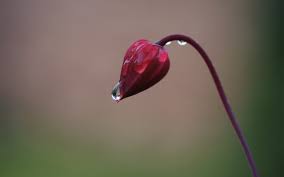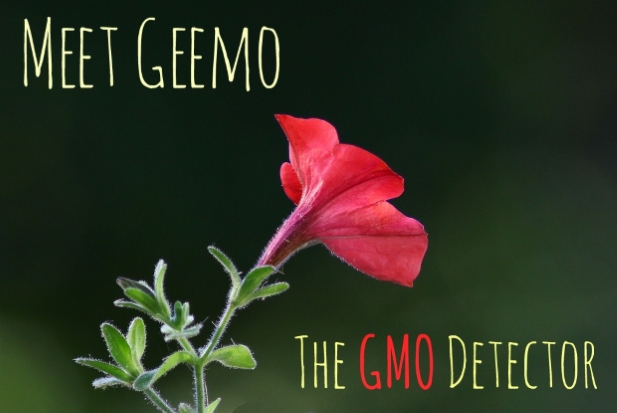Spring is here! Your tulips might just be poking out of the ground – or they might have already been eaten by deer.
But what if you could buy deer-resistant tulips?
 Revolution Bioengineering would love to make that happen. They are plant scientists, they have a passion for flowers and have enough ideas to fill a whole new garden. However, tulips can take five to seven years to mature, and that’s a long time to develop a product for a new company. So instead they’ve picked a quicker project: Color changing flowers.
Revolution Bioengineering would love to make that happen. They are plant scientists, they have a passion for flowers and have enough ideas to fill a whole new garden. However, tulips can take five to seven years to mature, and that’s a long time to develop a product for a new company. So instead they’ve picked a quicker project: Color changing flowers.
In collaboration with scientists in the Netherlands and New York, RevBio is bringing petunias that change color to the garden in 2017. Their first flower goes from white to red when you share a beer with it – think of it as drinking buddy!
Our team is looking to the garden community to get these flowers into the ground with an IndieGoGo crowdfunding campaign. You can pre-order your color-changing flower and jumpstart development of other varieties like their next design, a petunia that goes from pink to blue and back again, using the plant’s internal clock to change colors every 12 hours.
 That’s only the beginning for RevBio. CEO Keira Havens shares “Plants have incredible networks that they use to navigate their changing environment. We can work with these designs to breed all sorts of amazing flowers with new colors, scents, and patterns.” COO Nikolai Braun adds “In addition to aesthetics, we’d like to develop plants that use their resources more efficiently, and perform more robustly in the garden. I’m from Colorado and every year it snows in the middle of May – I’d love to be able to plant annuals in April and have them survive that last storm.”
That’s only the beginning for RevBio. CEO Keira Havens shares “Plants have incredible networks that they use to navigate their changing environment. We can work with these designs to breed all sorts of amazing flowers with new colors, scents, and patterns.” COO Nikolai Braun adds “In addition to aesthetics, we’d like to develop plants that use their resources more efficiently, and perform more robustly in the garden. I’m from Colorado and every year it snows in the middle of May – I’d love to be able to plant annuals in April and have them survive that last storm.”







